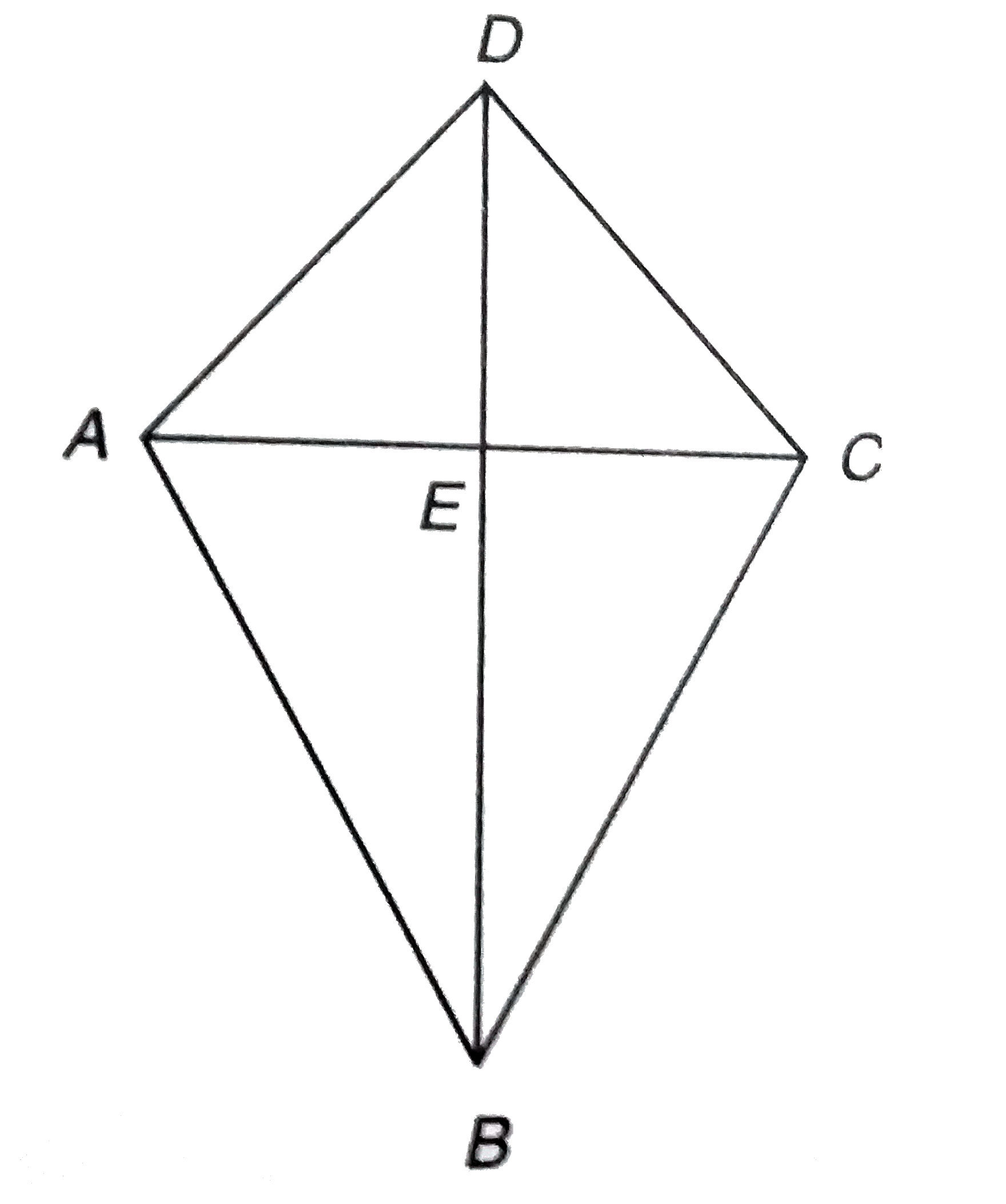Which of the following is not true for electrolysis of NaCl ?
Oxidation occurs in Na
Reduction occurs at Cl
Oxidation takes place at cathode
It is a redox reaction.
The correct Answer is:A, B, C
To solve the question regarding the electrolysis of NaCl, we need to analyze the process and identify which statement is not true. Here’s a step-by-step breakdown of the electrolysis of sodium chloride (NaCl):
Step 1: Understanding Electrolysis
Electrolysis is a process that uses electrical energy to drive a non-spontaneous chemical reaction. In the case of NaCl, we can perform electrolysis on either molten NaCl or an aqueous solution of NaCl. However, since the question does not specify, we will consider the molten state for this explanation.
Step 2: Setting Up the Electrolytic Cell
In an electrolytic cell, we have two electrodes:
- Anode: The positive electrode where oxidation occurs.
- Cathode: The negative electrode where reduction occurs.
Step 3: Ionization of NaCl
When NaCl is melted, it dissociates into its constituent ions:
- Sodium ions (Na⁺)
- Chloride ions (Cl⁻)
Step 4: Movement of Ions
- The Na⁺ ions will migrate towards the cathode (negative electrode) to gain electrons and undergo reduction.
- The Cl⁻ ions will migrate towards the anode (positive electrode) to lose electrons and undergo oxidation.
Step 5: Reactions at the Electrodes
- At the Cathode: Reduction occurs. The reaction can be represented as:
Na++e−→Na(s)
- At the Anode: Oxidation occurs. The reaction can be represented as:
2Cl−→Cl2(g)+2e−
Step 6: Identifying True and False Statements
Now, we need to evaluate the statements provided in the question. The statements could be regarding:
1. The process of oxidation and reduction.
2. The products formed.
3. The nature of the reaction (redox).
From the analysis:
- Oxidation occurs at the anode (true).
- Reduction occurs at the cathode (true).
- Chlorine is oxidized to form Cl₂ (true).
- Sodium is reduced to form Na (true).
- The overall process is a redox reaction (true).
Conclusion
Since the question asks for which statement is not true, we would identify the statement that contradicts the established facts of electrolysis.
Final Answer
The statement that is not true regarding the electrolysis of NaCl is the one that incorrectly describes the processes occurring at the electrodes.
---
Electrolysis is a process that uses electrical energy to drive a non-spontaneous chemical reaction. In the case of NaCl, we can perform electrolysis on either molten NaCl or an aqueous solution of NaCl. However, since the question does not specify, we will consider the molten state for this explanation.
In an electrolytic cell, we have two electrodes:
- Anode: The positive electrode where oxidation occurs.
- Cathode: The negative electrode where reduction occurs.
When NaCl is melted, it dissociates into its constituent ions:
- Sodium ions (Na⁺)
- Chloride ions (Cl⁻)
- The Na⁺ ions will migrate towards the cathode (negative electrode) to gain electrons and undergo reduction.
- The Cl⁻ ions will migrate towards the anode (positive electrode) to lose electrons and undergo oxidation.
- At the Cathode: Reduction occurs. The reaction can be represented as:
Na++e−→Na(s)
- At the Anode: Oxidation occurs. The reaction can be represented as:
2Cl−→Cl2(g)+2e−
Now, we need to evaluate the statements provided in the question. The statements could be regarding:
1. The process of oxidation and reduction.
2. The products formed.
3. The nature of the reaction (redox).
- Oxidation occurs at the anode (true).
- Reduction occurs at the cathode (true).
- Chlorine is oxidized to form Cl₂ (true).
- Sodium is reduced to form Na (true).
- The overall process is a redox reaction (true).
Since the question asks for which statement is not true, we would identify the statement that contradicts the established facts of electrolysis.
The statement that is not true regarding the electrolysis of NaCl is the one that incorrectly describes the processes occurring at the electrodes.
Topper's Solved these Questions
Similar Questions
Knowledge Check
Which of the following is not true for a bike?
 AAE=~CEBDE=~BEC∠ABE=~∠CBED∠E=90∘
AAE=~CEBDE=~BEC∠ABE=~∠CBED∠E=90∘
Which of the following is a true fruit ?
View SolutionWhich of the following is true ?
View SolutionWhich of the following is true ?
View SolutionWhich of the following is not true for clitoris ?
View SolutionWhich of the following is true?
View SolutionWhich one of the following is not true?
View SolutionWhich of the following is true?
View Solution
